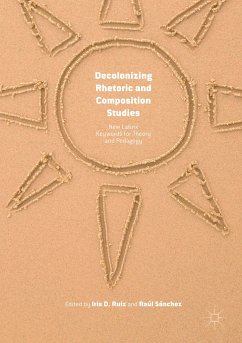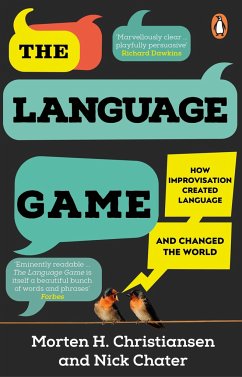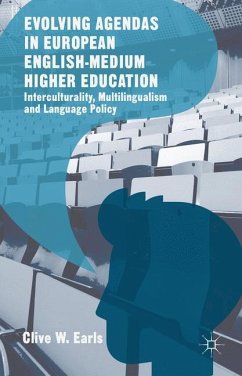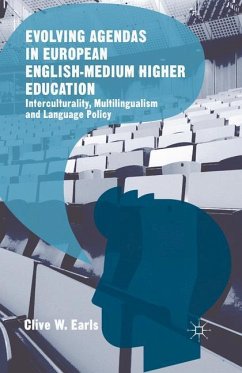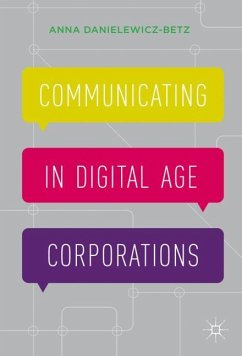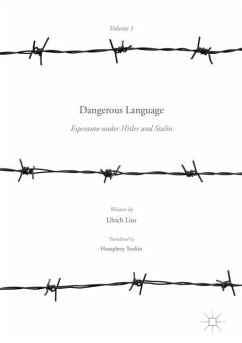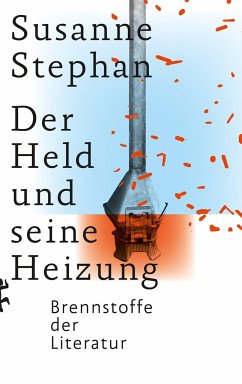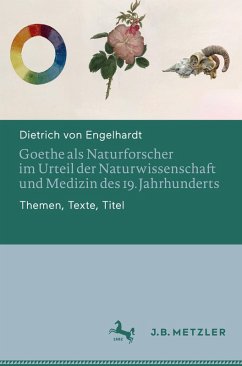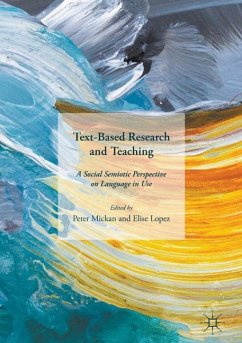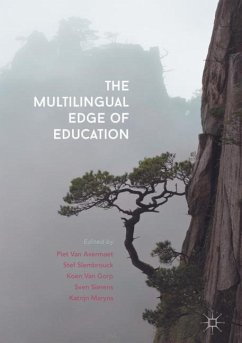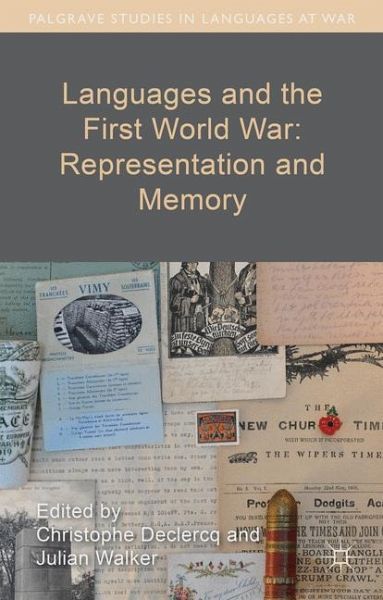
Languages and the First World War: Representation and Memory
Versandkostenfrei!
Versandfertig in 6-10 Tagen
38,99 €
inkl. MwSt.

PAYBACK Punkte
19 °P sammeln!
With several terms from the First World War still present in modern speech, Languages and the First World War presents over 30 essays by international academics investigating the linguistic aspects of the 1914-18 conflict. The first of the two volumes covers language change and documentation during the period of the war, while the second examines the representation and the memory of the war.Communicating in a Transnational War examines languages at the front, including the subject of interpretation, translation and parallels between languages; communication with the home front; propaganda and ...
With several terms from the First World War still present in modern speech, Languages and the First World War presents over 30 essays by international academics investigating the linguistic aspects of the 1914-18 conflict.
The first of the two volumes covers language change and documentation during the period of the war, while the second examines the representation and the memory of the war.
Communicating in a Transnational War examines languages at the front, including the subject of interpretation, translation and parallels between languages; communication with the home front; propaganda and language manipulation; and recording language during the war.
Representation and Memory examines historiographical issues; the nature of representing the war in letters and diaries; the documentation of language change; the language of representing the war in reportage and literature; and the language of remembering the war.
Covered in the processare slang, censorship, soldiers' phrasebooks, code-switching, borrowing terms, the problems facing multilingual armies, and gendered language.
The first of the two volumes covers language change and documentation during the period of the war, while the second examines the representation and the memory of the war.
Communicating in a Transnational War examines languages at the front, including the subject of interpretation, translation and parallels between languages; communication with the home front; propaganda and language manipulation; and recording language during the war.
Representation and Memory examines historiographical issues; the nature of representing the war in letters and diaries; the documentation of language change; the language of representing the war in reportage and literature; and the language of remembering the war.
Covered in the processare slang, censorship, soldiers' phrasebooks, code-switching, borrowing terms, the problems facing multilingual armies, and gendered language.



